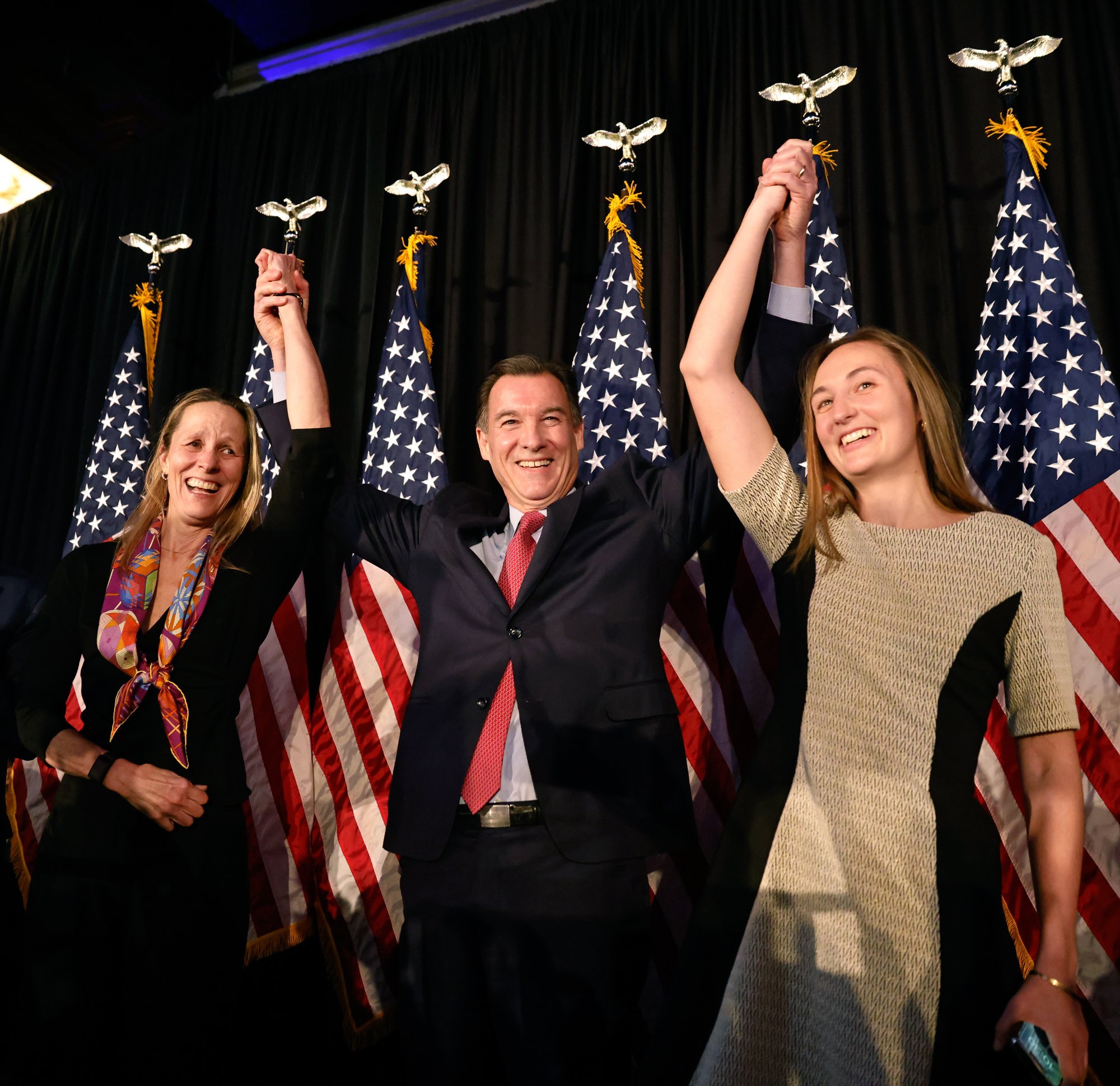“Who does the Department of Homeland Security buy batteries from now?” asked Democratic congressman Tom Suozzi of New York.

Suozzi sought an amendment to the bill, requiring Homeland Security to submit a report detailing the potential operational impacts of the legislation’s implementation.
“I’m sure they buy batteries from all over the place and I’m sure they’re buying Chinese,” replied Republican congressman Carlos Gimenez of Florida, referring to Homeland Security.
Gimenez, who sponsored the bill – the Decoupling from Foreign Adversarial Battery Dependence Act – and Suozzi then engaged in a heated exchange.
“Do we know who they buy batteries from?” Suozzi asked again, interrupting Gimenez.
Suozzi persisted: “Do we know if they buy batteries from them now?”
“So nobody knows,” Suozzi interjected over Gimenez’s remarks.
The question of whom a US government department buys its batteries from took on special resonance because in January a strikingly similar bill won bipartisan support.
Integrated into the annual defence budget, that legislation in January prohibited the Pentagon from procuring batteries manufactured by Chinese entities, citing the same six companies as were identified on Wednesday.
China produces nearly 80 per cent of the world’s batteries, and bipartisan consensus in Washington warns of security risks from using Chinese-made batteries, including potential malware in EVs or remote shutdown of charging networks.
“This bill passed unanimously in the NDAA, bipartisan bill, just almost exactly the same bill,” said Gimenez.
While the Republican did not address whether Homeland Security was buying batteries from those very companies, he conceded taking the information from the recent law and applying it to Homeland Security.
Gimenez said he did so because it had already been proved that the firms were “suspicious”, and he described his bill on Wednesday as “pre-emptive”.
The discourse followed a now-familiar rancorous dynamic on Capitol Hill.
As Republicans suggested that delayed legislation would favour China and its proxies, Democrats insisted they were equally concerned about China’s battery dominance and ready to work in a non-partisan manner to counter the threat to US national security.
“I can’t imagine anyone on this committee being pro-China or for [China’s] battery companies,” stated Republican congresswoman Marjorie Taylor Greene of Georgia, asking the panel’s chair to take the bill forward without amendments.
Ranking member Bennie Thompson, a Mississippi Democrat, argued that his party’s lawmakers were trying to fix Gimenez’s bill, saying it only banned purchases from specific companies and not “Chinese companies”.
“It lists six companies that you can’t buy from, but we don’t know if those six companies are presently being acquired batteries by DHS because we don’t have any information,” said Thompson.
The Democrat proposed that the bill’s language not be confined to only the six Chinese companies.
Ultimately the committee unanimously agreed on Wednesday to the amendments by Suozzi and Thompson, sending the bill for consideration on the House floor, where it is likely to be taken up later this month.

